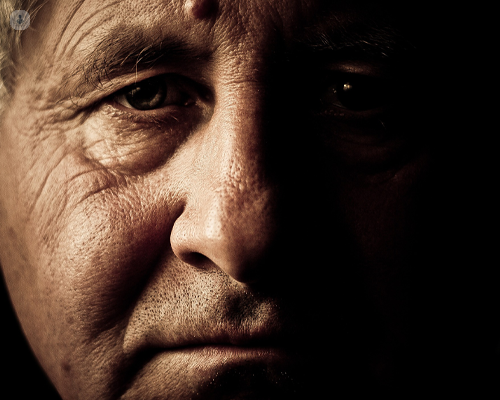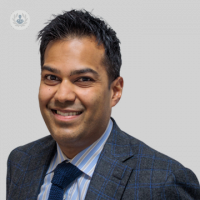The silent signs of colon cancer: What you should never ignore
Written in association with:Colon cancer, also known as colorectal cancer, is one of the most common types of cancer in the UK. It can develop without obvious symptoms, which is why it is often referred to as a ‘silent’ condition. In this article, a leading consultant gastroenterologist talks about how recognising early warning signs is crucial for prompt diagnosis and treatment, which can significantly improve outcomes.

What are the early signs to watch for?
While some people may experience no symptoms, there are a few subtle changes that could indicate the presence of colon cancer:
- Changes in bowel habits: One of the earliest signs of colon cancer is a change in bowel movements. This can include constipation, diarrhoea, or a change in stool consistency that persists for more than a few days.
- Blood in the stool: Blood may not always be visible, but dark or black stools can indicate the presence of bleeding in the colon.
- Unexplained weight loss: Losing weight without trying could be a sign of colon cancer, as the body may not be absorbing nutrients effectively.
- Fatigue: Persistent tiredness can occur due to a loss of blood or the body’s inability to get enough nutrients.
- Abdominal discomfort: Cramping, bloating, or constant pain in the lower abdomen could be a warning sign of colon cancer.
How important is early detection of colon cancer?
Early detection is key to treating colon cancer effectively. If caught early, the prognosis is often good, with high survival rates. Regular screening, such as colonoscopies, can detect precancerous polyps that can be removed before they become cancerous. This preventive measure is crucial, especially for individuals with risk factors such as a family history of the disease or those over the age of 50.
When should I seek medical advice for colon cancer?
It is essential not to ignore persistent symptoms. If you notice any changes in your bowel habits or if any of the silent signs listed above persist, you should seek medical advice immediately. Early diagnosis can prevent bowel cancer from progressing to more advanced stages, where treatment becomes more complex.
How can I reduce my risk of developing colon cancer?
Lifestyle choices can also play a role in lowering the risk of colon cancer. A diet rich in fruits, vegetables, and whole grains, as well as regular exercise and avoiding smoking and excessive alcohol consumption can contribute to better colon health. Additionally, routine screening as recommended by your healthcare provider is an essential part of reducing the risk of developing colon cancer.
Are you concerned that you might be experiencing early signs of colon cancer? Arrange a consultation with Dr Goel via his Top Doctors profile.


